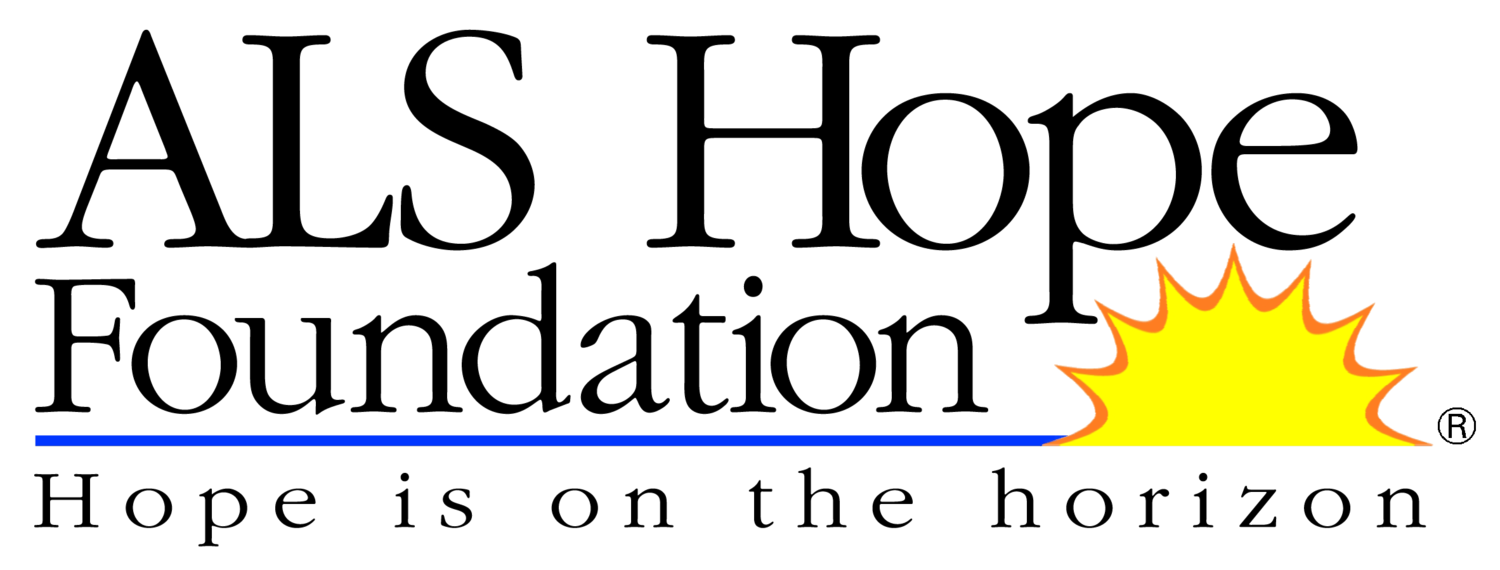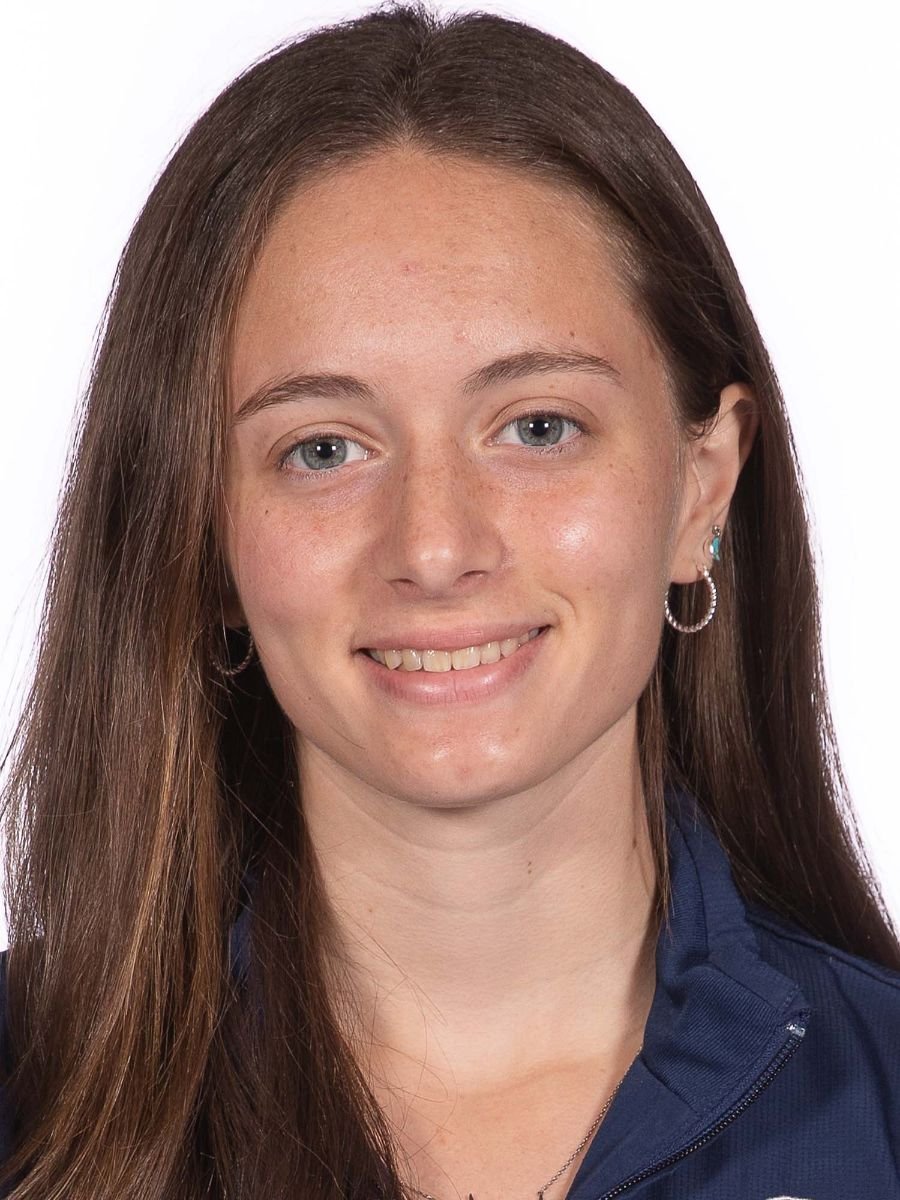Research Staff
Terry Heiman-Patterson, MD
Dr. Heiman-Patterson is the Director of the Center for Neurodegenerative Disorders and a Professor in the Department of Neurology at the Lewis Katz School of Medicine at Temple University. She directs the MDA/ALS Center of Hope, including the clinical and laboratory research programs. Her career has been dedicated to research in neuromuscular diseases, most recently in ALS or Lou Gehrigs Disease. She has received more than a dozen grants to do both basic and clinical research in ALS along with other neuromuscular diseases. Under her direction, the Center of Hope has conducted clinical trials testing more than 20 different experimental treatments, while basic research is conducted using the SOD1 mouse model at the ALS Hope Foundation laboratory at Temple University School of Medicine. The laboratory uses this model to study genes that can modify the severity of the disease as well as examine whether novel treatments can extend lifespan. In addition, the lab is focused on developing new models of motor neuron disease.
Dr. Heiman-Patterson is also committed to optimizing clinical care at the MDA/ALS Center through the multidisciplinary approach to care along with clinical research directed at extending survival and improving the quality of life. This work has led to studies that examine how to maximize the use of non-invasive ventilation (bipap) as well as better address nutritional needs. She has also initiated a program to develop the BCI (Brain computer interface) for home based use by people living with ALS in order to allow an increased independence. She served as Co-Chair of the Executive Committee of the Northeast ALS Consortium (NEALS) and is a member of the ALSRG, an international study group. Dr. Heiman-Patterson has published over 90 papers, abstracts, and chapters on ALS and related motor neuron diseases, along with more than 60 more on other areas of muscle and nerve disease.
Frank Bearoff, PhD
Dr. Frank Bearoff is an assistant professor in the department of Neurology with a secondary appointment in Neural Sciences at Temple Lewis Katz School of Medicine (LKSOM). Dr. Bearoff obtained his degree in Microbiology and Immunology from Drexel University in 2017 working on genetic animal models of autoimmune and neuroinflammatory disorders including Multiple Sclerosis, Type 1 Diabetes, and ALS.
Dr. Frank Bearoff is an assistant professor in the department of Neurology with a secondary appointment in Neural Sciences at Temple Lewis Katz School of Medicine (LKSOM). Dr. Bearoff obtained his degree in Microbiology and Immunology from Drexel University in 2017 working on genetic animal models of autoimmune and neuroinflammatory disorders including Multiple Sclerosis, Type 1 Diabetes, and ALS. His postdoctoral work focused on peripheral inflammation and dopamine signaling in neurodegenerative diseases including Parkinson’s and Huntington’s diseases. Dr. Bearoff enjoys teaching and has served as course director for medical and graduate immunology curriculum while at Drexel. He joined LKSOM and the ALS Hope Foundation in summer 2023 and his research interests include 1) development of diagnostic in vitro models of CNS inflammation from peripheral leukocytes, 2) cell-specific transcriptional regulation of neuroinflammation, 3) and determination of genetic modifiers of neurodegenerative disease all within the context of ALS.
In his spare time, Dr. Bearoff is an avid road cyclist, espresso aficionado, and amateur cook.
John Furey
John Furey is the Clinical Research Coordinator bridging the work between the clinic and the lab.
“I am a Drexel University graduate where I completed a five-year biomedical engineering program with three internships. I was lucky enough to have spent two of those working for at the MDA/ALS Center of Hope Clinic.
My first co-op cycle was in early 2017 working with Sara Feldman on the Brain-Computer Interface (BCI) program. Our experience together was cut short as I had plans to study abroad that summer at University of New South Wales in Sydney, Australia, but I quickly understood how special this team is and more so how special our PALS are. When I returned from my study-abroad experience I applied for a research associate internship at the clinic. This time around I didn't see a team and patients, I saw a family and immediately knew I had to do everything I could to be a part of it. I began taking an interest in clinical research and took on several projects looking at the levels of uric acid and changes in breathing and ambulatory function scores in patients taking Radicava.
I have since joined the family full time as a Clinical Research Coordinator overseeing multiple clinical research studies including our tissue biorepository, the natural history of ALS, and oxidative biomarkers in ALS patients taking Radicava. In addition to working with an outstanding foundation and the most amazing patient population I have ever experienced, this new role I have taken on is special to me because I get to oversee our future co-op students from Drexel University. I was in these students' shoes just a few years ago and I hope to give them the same experience and encouragement this family gave me.”
Chris Pizzica
Chris Pizzica is the newest member of the Sinnott Research Lab. In his position as a Clinical Research Coordinator, he will be taking point on the upcoming ROAR-DIGAP study.
Meghan Smith
Meghan Smith is a Research Technician and helps to maintain the ALS mouse colony.
“I am super excited to be joining this group. I am originally from West Chester, PA and am a recent graduate of Bucknell University. While at Bucknell, I competed on both the track and cross country teams and spent a few summers on campus doing research.
My degree is in Biology, concentrated in evolutionary biology and anatomy and physiology. In the lab, my role is research technician. This entails managing the mouse colony, tissue collection, DNA extraction and genotyping.
I have already learned a lot and look forward to making more progress in my biological skills!"
Latoya Weaver
Latoya Weaver’s role is to connect people living with ALS and the research team. She received a certification in medical billing and coding from CHI and was the Patient Services Coordinator for the MDA/ALS Center of Hope. She had the experience of caring for her mother, who lived with ALS for over six years.
Latoya has first-hand knowledge of the challenges that patients and families go through when dealing with ALS and is willing to work as earnestly and passionately for the people we see as she did for her own mother. She is incredibly motivated and passionate about helping others.
Joshua Miller
Hi, I'm Joshua Miller, a recent biomedical engineering graduate of Drexel University and the newest member of the research team.
My research interests are in neuroengineering and the development of assistive technology. My goal is to be able to provide PALS with the ability to maintain their sense of independence by improving communication devices and by developing new ways for PALS to interact with their environment. I look forward to meeting you all soon."
Guillermo Alexander, PhD
Guillermo Alexander recently retired after many years of service to research on ALS. Dr. Alexander graduated with a Bachelor of Science degree in Electrical Engineering from the University of Miami in 1968. Following graduation, he entered the Air Force Officer Training School. Upon completion of officer training, was assigned to the National Parachute Test Center where he served for four years (1968-1972) as engineer in charge of the simulated human forms section of the instrumentation branch where he supervised the design, construction and repair of airborne telemetry systems for use in testing parachutes. Afterwards, he earned his MS in Biomedical Engineering from University of Miami in 1974 and his Ph.D. in Biomedical Engineering from the University of Texas in 1982. His current research involves: 1) Basic research into the mechanisms of selective vulnerability responsible for cell death in neurodegenerative diseases such as ALS; and 2) The study of biomarkers found in the blood and cerebrospinal fluid of individuals with Reflex Sympathetic Dystrophy (RSD), also known as Complex Regional Pain Syndrome (CRPS). These studies are designed to provide insights into the mechanisms underlying exaggerated pain states. Dr. Alexander has worked as a scientist and professor at numerous medical institutions, has penned a number of journal articles, and has co-authored several book chapters.
Remembering Jeffrey Deitch, PhD (1957 - 2013)
Dr. Jeffrey Deitch co-founded the ALS Hope Foundation in 1999 with Dr. Terry Heiman-Patterson. While Dr. Heiman-Patterson led the clinic, Dr. Deitch led the research lab. He was an Assistant Professor and Director of the Neuromuscular Research Laboratory at Drexel University College of Medicine. He earned his BS from Rutgers College and a PhD in Neuroscience in 1986 from the University of Virginia. This was one of the first Neuroscience Graduate Programs in the country. His post-doctoral training involved pioneering studies in neuronal cell culture and laser confocal microscopy in laboratories at Albany Medical College and the New York State Department of Health. Dr. Deitch joined the Howard Hughes Medical Institute at the University of Pennsylvania as a Research Associate in 1992, and then served as Assistant Professor of Cell Biology at UMDNJ School of Osteopathic Medicine.
In 1996 he joined the Department of Neurology faculty at Drexel University College of Medicine. Dr. Deitch has published over 30 papers, chapters, and abstracts on studies ranging from neurodegeneration in the auditory system to groundbreaking work on the fundamental structure of neurons, and teaches extensively on Neurological topics. He was passionate about his research projects focusing on the effect of genetic background on ALS disease progression, on the potential use of "neurotrophic factors" as a therapeutic for ALS, and on developing stem cells for use in studying how ALS kills motor neurons.
At the time of his death, Dr. Deitch was serving as the Chairperson of the International Alliance of ALS/MND Associations. In 2013, he was honored with the Humanitarian Award in honor of his many contributions to the global ALS community, through both research and advocacy.
The Jeffrey Deitch Travel Grant was established in his memory.




























